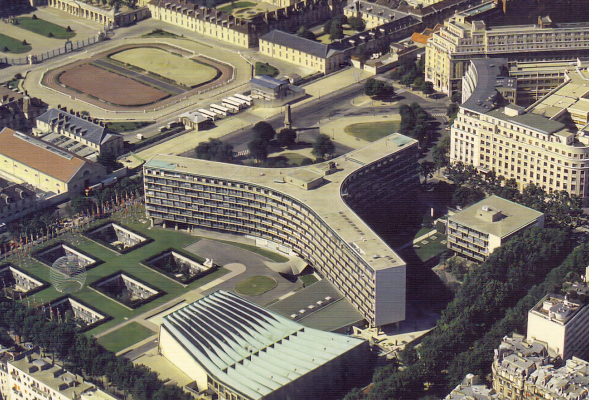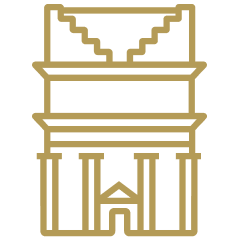About the Delegation
The Kingdom of Saudi Arabia is a founding Member State of UNESCO since 1946.
The Permanent Delegation of the Kingdom of Saudi Arabia to UNESCO ensures liaison between the Kingdom and UNESCO’s other Member States and its Secretariat, improving access to education, collaboration over the sciences, and intercultural rapprochement through high-level debates, partnerships and programs.
From aiding the drafting of the UNESCO Recommendation on the Ethics of Artificial Intelligence, to the keen focus offered to youth contributions—and those of girls in particular—via the UNESCO-Al Fozan International Prize for the Promotion of Young Scientists in Science, Technology, Engineering and Mathematics (STEM), the delegation contributes to the reform and development of many activities so that they continue to be important parts of global multilateral governmental cooperation.
Moreover, as an Executive Board member state since 2019, we strive to represent the Arab world’s interests at the UN-level on UNESCO’s mandate. From creating protected nature reserves to training heritage workers, Saudi Arabia’s work on building long-lasting prosperity through Vision 2030 is remarkably aligned with many themes of the United Nation’s own 17 sustainable development goals (SDGs).

Notable highlights of Saudi Arabia’s work in these domains include:

Sustainable Development Goal 4 (SDG4) of the 2030 Agenda aims to “ensure inclusive and equitable quality education and promote lifelong learning opportunities for all” by 2030. SDG4 is, in fact, led by UNESCO, and a cornerstone of our Kingdom’s Vision 2030 development program.

As demonstrated in our rich past with UNESCO, and more recently with the G20 minister’s meeting convened in 2020, marking the first time that G20 policy discussions recognized the growing contribution of culture to the global economy at this level.

With six tangible and eight intangible cultural heritage elements inscribed on the prestigious UNESCO World Heritage, we strive to continue protecting, preserving and promoting our national heritage.

